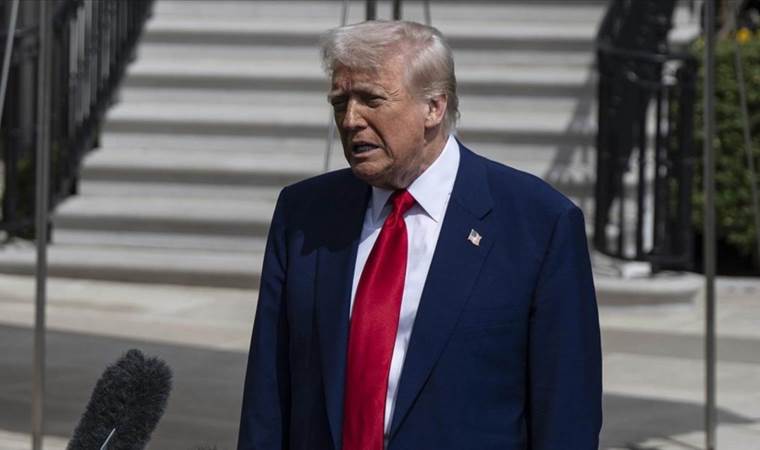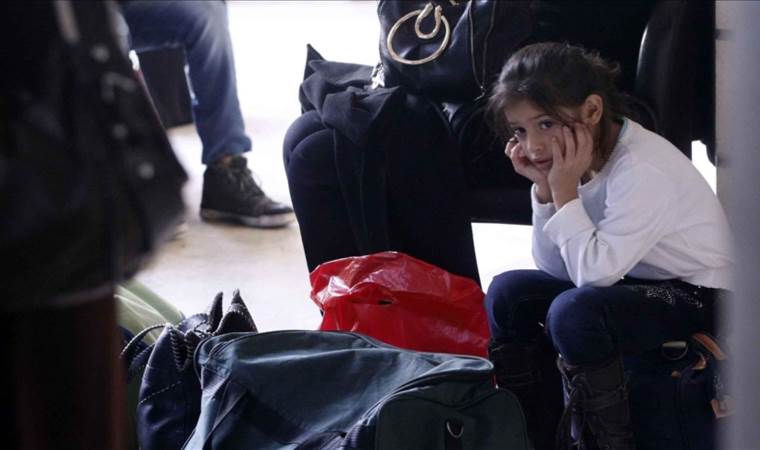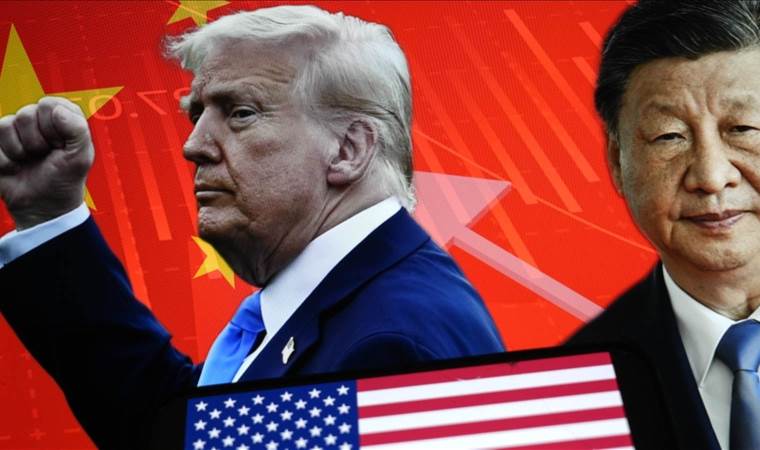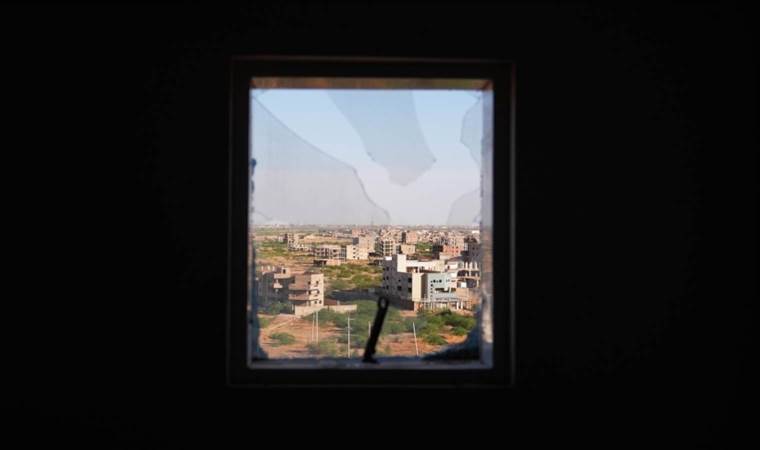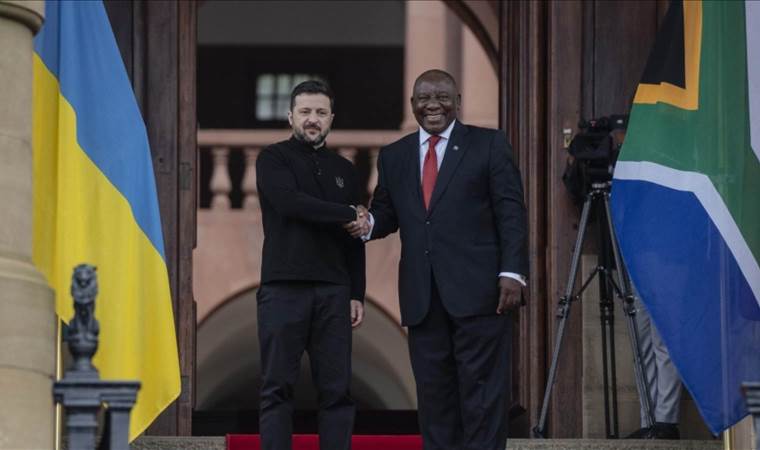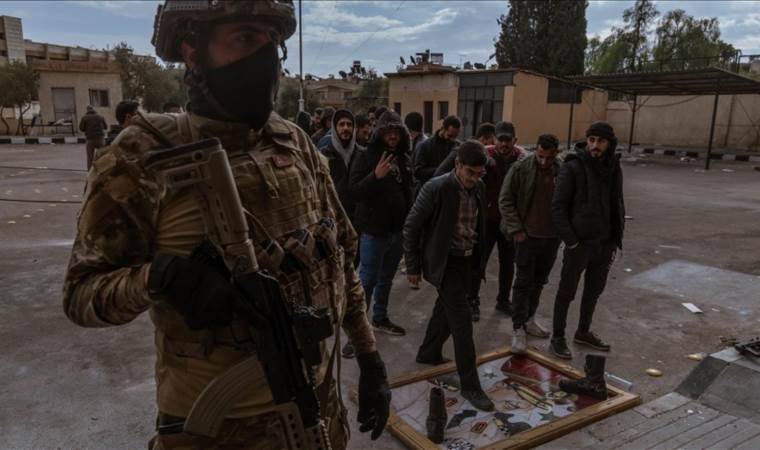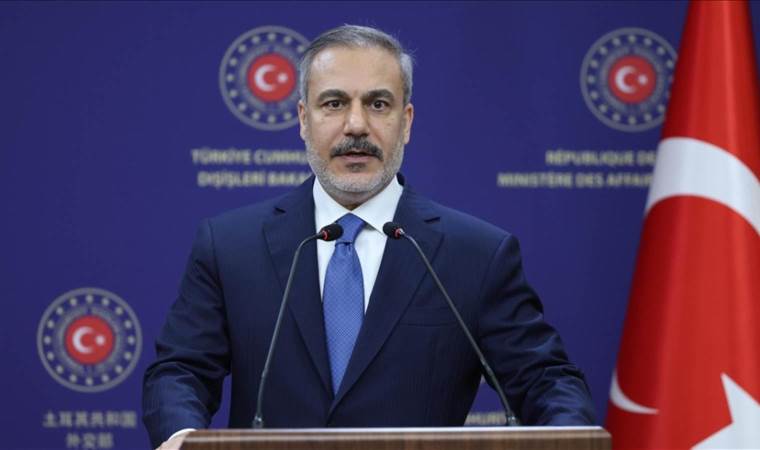Authors Columns of the Day Sport Guest Life All Authors
The Political Context of the Terrorist Attack in Moscow
On March 22, a terrorist attack at a Moscow concert hall killed over 140 people. This event highlights the complex power dynamics in a region where Russia plays a pivotal role.
First, let's delve into the attack's political backdrop.
U.S. Signals ISIS, Russia Eyes Ukraine
During the Moscow attack, U.S. officials quickly stated there was no evidence linking Ukraine or Ukrainians to the incident, raising eyebrows.
Conversely, Russian leaders, including Putin, have suggested a Ukrainian link, noting the capture of terrorists allegedly preparing to enter Ukraine.
Meanwhile, ISIS's claim of responsibility adds a layer of intrigue. Labelled the 'convenient enemy' of the U.S., ISIS has been notably active for three months, targeting nations opposed by the U.S., such as Iran, Turkey, Iraq, Syria, and Russia.
The deadly assaults on Iran on January 3 and Russia on March 22 marked unprecedented events for both countries. ISIS's activity spanned Iraq, Syria, and Turkey in the intervening period.
ISIS, a Lever for the So-called YPG State
The debate over U.S. military presence has been central in the region, also discussed by the Astana Platform, involving Russia, Iran, and Turkey.
As discussions about the U.S. withdrawing from Iraq and Syria gained traction and Iraqi officials declared ISIS defeated, stating the U.S. military presence on their soil was unnecessary, ISIS resurfaced. For three months, the group has been launching attacks, coinciding with the time the 'anti-ISIS coalition's future was set to be evaluated.
Since 2014, the U.S. has regarded ISIS as a means to internationally legitimize the PYD/YPG. Media narratives, especially in Atlantic outlets, have emphasized the "good PYD/YPG defending humanity against the evil ISIS," laying the groundwork for the creation of a PYD/YPG state in northern Syria.
The U.S.'s exit from Iraq implied a forced departure from Syria, potentially derailing the PYD/YPG state-building effort.
ISIS's resurgence, thereby sustaining U.S. presence in the region, underlines its utility as a convenient enemy.
Exporting Unconventional Warfare to Ukraine Front
The focus on Ukraine is crucial. With the U.S. indirectly pointing to ISIS during the conflict, Russian emphasis on a Ukrainian connection stands out. Future developments may offer clarity.
Two significant points emerge in this context:
1) Reflecting on my March 22 piece, 'Nuland's Departure,' I recalled U.S. Deputy Secretary of State Victoria Nuland's promise of "beautiful surprises on the battlefield" during her January 31 visit to Kyiv.
2) In my March 2 article, "Exporting Unconventional Warfare to Ukraine," I explored two scenarios: How will the U.S. and the U.K. conduct a 'prolonged warfare'? They might either deploy soldiers to Ukraine or export unconventional warfare to the region.
In summary, a complex power struggle spans from Central Asia to Ukraine and from Iraq and Syria to the Black Sea. Focusing merely on the accused can obscure the broader political landscape.
Yazarın Son Yazıları All Columns
Günün Köşe Yazıları
Most Read News
-
 Recent Russian strikes on Kyiv were 'not necessary,' say
Recent Russian strikes on Kyiv were 'not necessary,' say
-
 Germany offers Syrians up to $4,555 to return home
Germany offers Syrians up to $4,555 to return home
-
 Despite stated ban, Spain continues to buy arms from Isr
Despite stated ban, Spain continues to buy arms from Isr
-
 China denies having talks with US on tariffs
China denies having talks with US on tariffs
-
 60 militants from paramilitary RSF killed in North Darfu
60 militants from paramilitary RSF killed in North Darfu
-
 Nearly half of Americans now live with dangerous air qua
Nearly half of Americans now live with dangerous air qua
-
 Zelenskyy partially cancels South Africa visit in wake o
Zelenskyy partially cancels South Africa visit in wake o
-
 Britain lifts sanctions against Syrian defense, interior
Britain lifts sanctions against Syrian defense, interior
-
 Pakistan says any Indian attempt to divert, stop flow of
Pakistan says any Indian attempt to divert, stop flow of
-
 Turkic world will continue to stand by Turkish Cypriots,
Turkic world will continue to stand by Turkish Cypriots,

